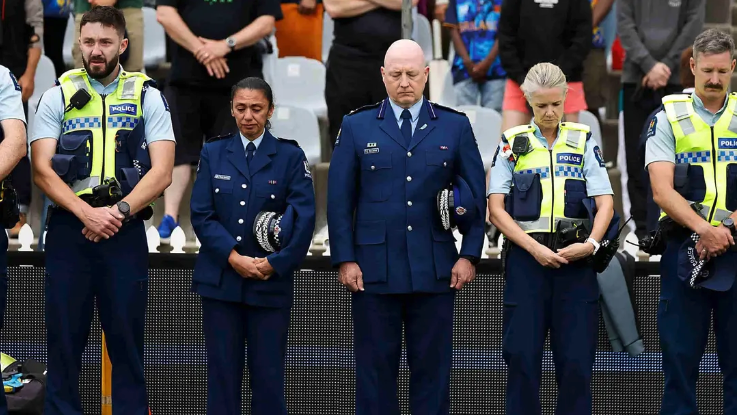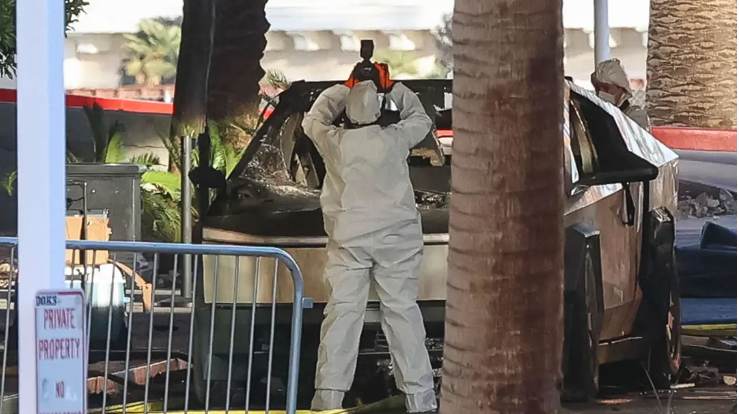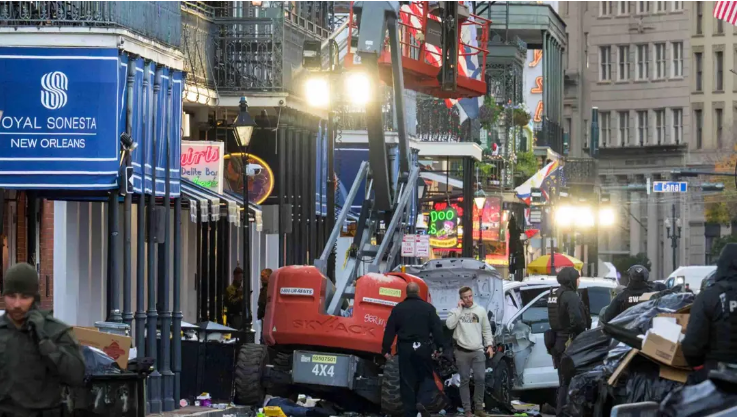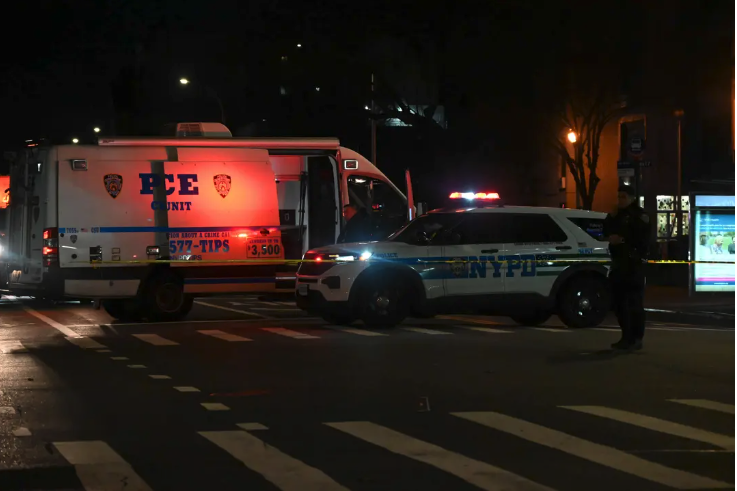New Zealand Police Officer Killed in New Year's Day Car Ramming
New Zealand Senior Sergeant Lyn Fleming became the first female police officer in the nation's history to be killed in the line of duty during a New Year's Day car-ramming incident in Nelson.
Facts
- New Zealand Senior Sergeant Lyn Fleming became the first female police officer in the nation's history to be killed in the line of duty during a New Year's Day car-ramming incident in Nelson.[1][2]
- A vehicle deliberately struck officers at high speed during their routine patrol of a parking lot at approximately 2 am local time before ramming into a police vehicle.[3][4]
- A 32-year-old man was immediately tased and arrested at the scene. He now faces eight criminal charges, including murder and attempted murder. He's expected to appear in court on Friday.[1][3]
- Senior Sergeant Adam Ramsay, the second officer struck in the incident, sustained serious injuries but is expected to make a full recovery. A third officer sustained a concussion while two civilians were also injured.[3][5][6]
- The incident occurred near Buxton Square in downtown Nelson, approximately two hours after the city's New Year's Eve celebrations had concluded.[1][4]
- Fleming, a 38-year veteran of the force, was well-known in the Nelson community and served as a netball coach at a local girls' high school. She is the 34th New Zealand officer to die from criminal acts while on duty since 1890.[2][3]
Sources: [1]ABC, [2]CBS, [3]The Post, [4]The Guardian, 5]The Standard and [6]South China Morning Post.
Narratives
- Narrative A, as provided by New Zealand Police and The IACP. This incident, especially coming amid other car attacks across the world, including the US, is a tremendous tragedy. It's reasonable for the public to question how someone could so easily take the life of a beloved officer like Fleming. Thankfully, the man likely responsible is already in custody and will receive swift justice.
- Narrative B, as provided by Substack and On Point. The tragic Nelson car-ramming attack is symptomatic of a broader issue where violence is increasingly seen as acceptable for some causes, as evidenced by violent protests. Policing, hampered by inadequate resources and training, has failed to counter this trend — exposing deeper systemic problems in adequately funding law enforcement.







